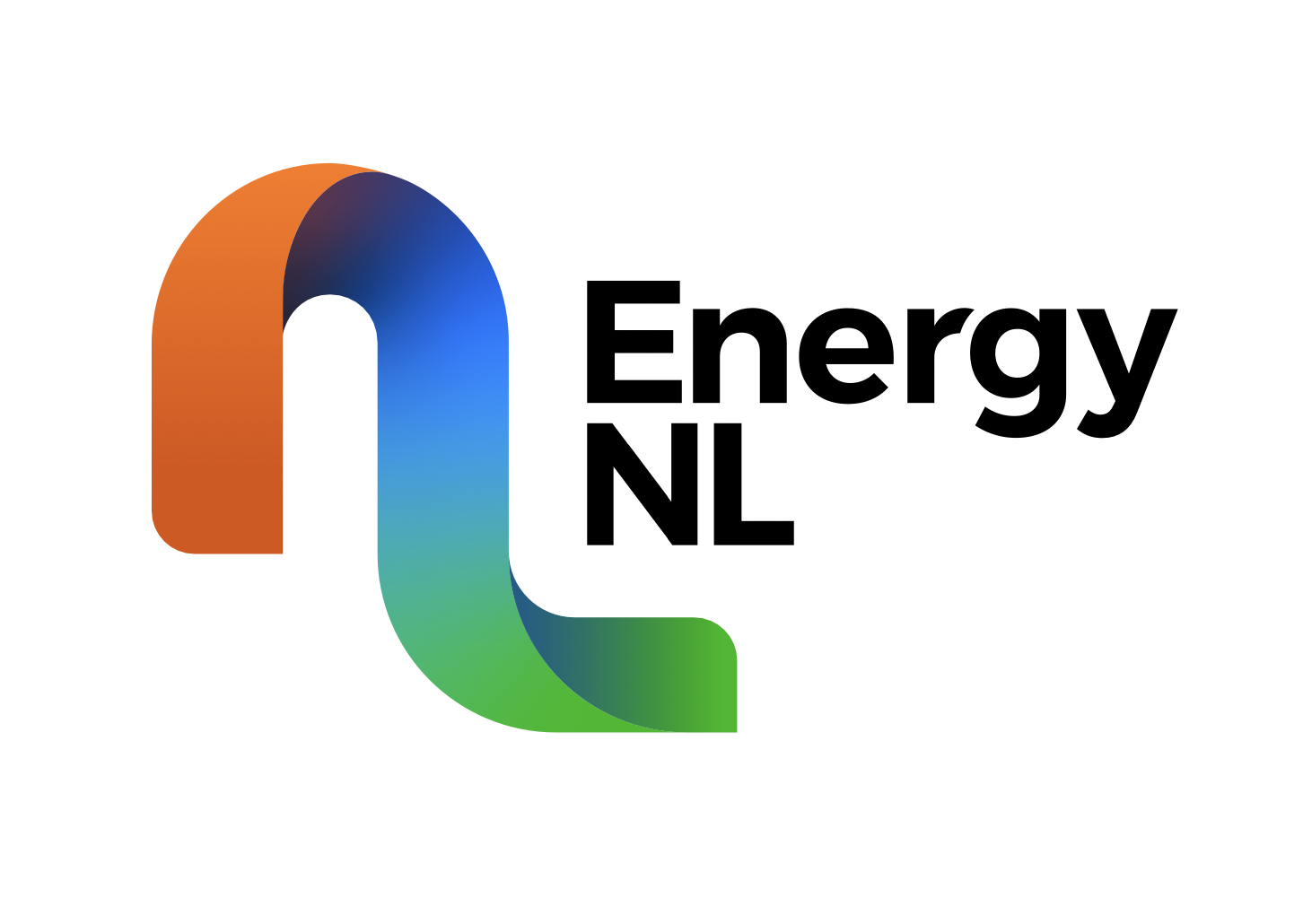Entire Newfoundland and Labrador towns hoping for a deal to be struck for the Terra Nova oilfield are breathing easier Thursday after an agreement in principle was announced Wednesday.
Torbay Mayor Craig Scott told CBC Radio’s St. John’s Morning Show he has spoken with oil industry workers in the town who are struggling to make ends meet during the industry’s downturn.
“They’re holding out hope, and they see that there is a future here in oil and gas,” Scott said. “In the short term, and the medium term even, there’s nothing that can replace these very high-paying, skilful jobs in the offshore.”
Bay Bulls is home to a marine terminal base that services offshore vessels, and provides storage and transfer facilities along with office and warehouse space.
Mayor Harold Mullowney said he hopes the Terra Nova deal is a sign that the terminal will do business like it used to in 2017, when it was normal to see as many as 50 people on site and a harbour full of ships.
“Bay Bulls also has a tremendous amount of spinoffs related to the oil and gas, and we have a number of people here who work directly in the oil and gas. Some of them have had to leave and gone elsewhere looking for employment since the downturn,” he said.
Dave Mercer, president of Unifor Local 2121, which represents hundreds of workers with the Terra Nova project, called Wednesday’s announcement a “victory for a lot of people” and credited supporters of the project, as well as the governing Liberals and opposition parties, for making their voices heard.
“You never know where a negotiation is going to go. You keep bargaining and see what happens. It’s a win for everybody,” Mercer said.
Mercer said workers have been calling the union with messages of gratitude.
“The whole offshore industry was at stake, and I think we’re sitting pretty good now,” he said.
What’s next?
The Terra Nova extension deal restructures the ownership of the oilfield, continues planning for a refit of the assets and could sanction a plan to return to oil production this fall.
But it hinges on partnership agreements and promises made by the government of Newfoundland and Labrador in the form of $205 million from the federal oil industry recovery fund and $300 million in royalty relief.
The province is still expected to receive approximately $35 million in royalties over the life of the project and won’t incur any abandonment costs should the project not go ahead, as it doesn’t own an equity share.
Federal Natural Resources Minister Seamus O’Regan told reporters he spoke to Mercer on Wednesday night.
“Just the sound of relief in his voice, and I’m sure the people he’s hearing from, it’s huge,” O’Regan said. “I’m very proud of the province. I think there’s a clear understanding now in this province of what we have and how we value it, and it allows them to sit at the table with a great deal of confidence.”
Premier Andrew Furey noted the agreement is not a done deal until it’s signed by all the partners, but he hopes to see a formal sanction of the Terra Nova FPSO refit by late August. Furey said the details of who will do the work have not been worked out.
“There’s some work that has to happen here in Newfoundland and Labrador as a part of the [memorandum of understanding], but there is going to have to be some work that happens elsewhere in order to get this back in the field as fast as possible,” Furey said. “We knew that, the unions knew that, everybody knew that going into this.”
Opposition leader David Brazil said his party is happy with the announcement, and is “giving credit where credit is due” for those in on the negotiations.
“Municipalities were engaged in this, other unions were engaged in this. So it’s a collaborative approach to do the right thing for Newfoundlanders and Labradorians,” he said.
Brazil said his party will push for as much of the refit work to be done in Newfoundland and Labrador as possible.
But there’s still no timeline on when workers will begin to return to work, something NDP Leader Alison Coffin said needs to be a top priority for government.
“If we want to put workers first, workers must know that there is a plan for them to either go back to work or find work elsewhere,” she said.
Source: CBC | This text was excerpted from the media outlet cited on June 17, 2021 and is provided to Noia members for information purposes only. Any opinion expressed therein is neither attributable to nor endorsed by Noia.





